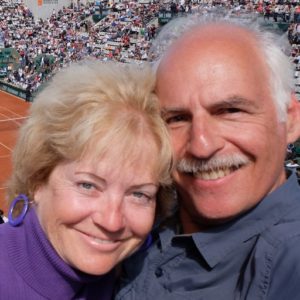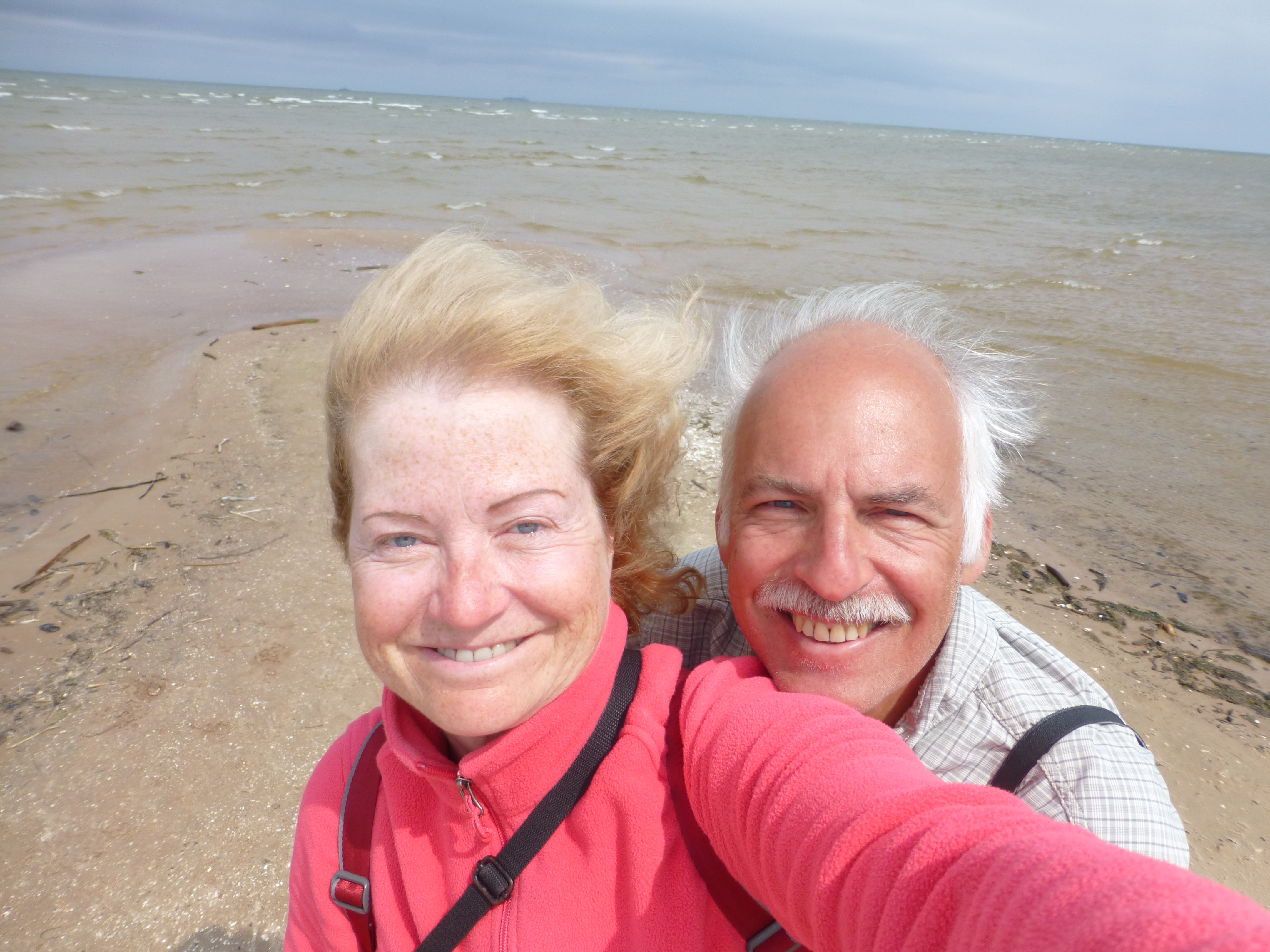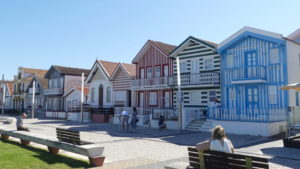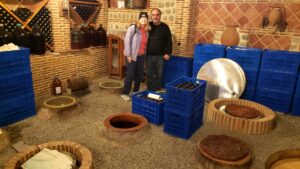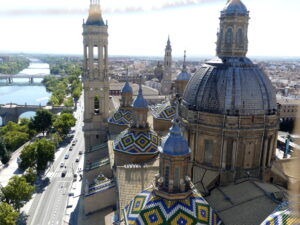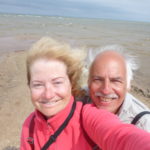
We planned on six months in the Baltic countries – Latvia, Lithuania and our home base of Estonia – though we weren’t completely sure how we would fill up those months.
What we found were charms aplenty in their cities, towns and countryside. In Estonia, we relished hip, charming Tartu, a university town whose diverse international student body ensures a wide variety of food options and entertainments within a lovely park-like setting and enchanting riverway. We sploshed the bogs near Parnu and explored traditional cultures on Estonia’s western islands. In Lithuania, we strolled and biked the seaside resort of Nida on the thread-like Curonian Spit (see article), as well as the seaside attractions of garden-like Palanga. In Latvia, we clambered up embankments and through history at Cesis and Sigulda; we were amazed at the film-set charm of Kuldiga. And much more.
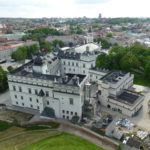
But the three capitals of these countries – Vilnius, Lithuania; Riga, Latvia; Tallinn, Estonia – are the jewels in the northern European crown. Though beset with war and destruction for 1000 years, let alone contemporary exploitation from Soviet rule, each has risen again. They offer a modern European experience with a rich history embodied in the many churches, antiquities and buildings that remain from that past, albeit extensively restored or virtually re-created.
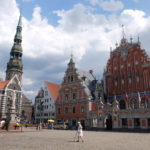
In so many ways, they are similar: a smattering of medieval towers, walls and blasted fortresses; a profusion of baroque buildings and churches; vast central squares away from which cobblestone pedestrian streets wander about; an historical core ringed by 19th and 20th century buildings in various stages of dinginess.
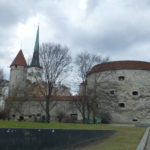
Plus newer features: roughly refurbished warehouse districts offering a hipster or artsy contrast; ritzy stores on the shopping streets and bright shopping malls closing in the central city, as the old medieval walls once did, announcing a new prosperity and growth.
Their old towns have each been honored as World Heritage Sites by UNESCO.
We lived in Tallinn itself for over two months, and we visited the other two cities for 10 days each. We couldn’t confuse them.
- Click to read about Riga’s distinctive architecture, cityscape and market.
- Click to read about Vilnius as the seat of empire, learning and religion.
- Click to read about the medieval, musical and shoreline city of Tallinn.

Tallinn, Vilnius, Riga – cities modern and aged, linked by history, held captive or raised up by common ruling powers over the centuries, torn alike by conflicts among those powers, and each liberated by 1991 to join hands with western Europe once again. Two years earlier, the three cities and their countries declared their common desire for independence as 2 million citizens literally joined hands in a human chain 675 kilometers (420 miles) long from Tallinn through Riga to Vilnius. The links between these jewels are strong still.
(Also, for more pictures from the Baltics, CLICK HERE to view the slideshow at the end of the Baltics itinerary page.)
